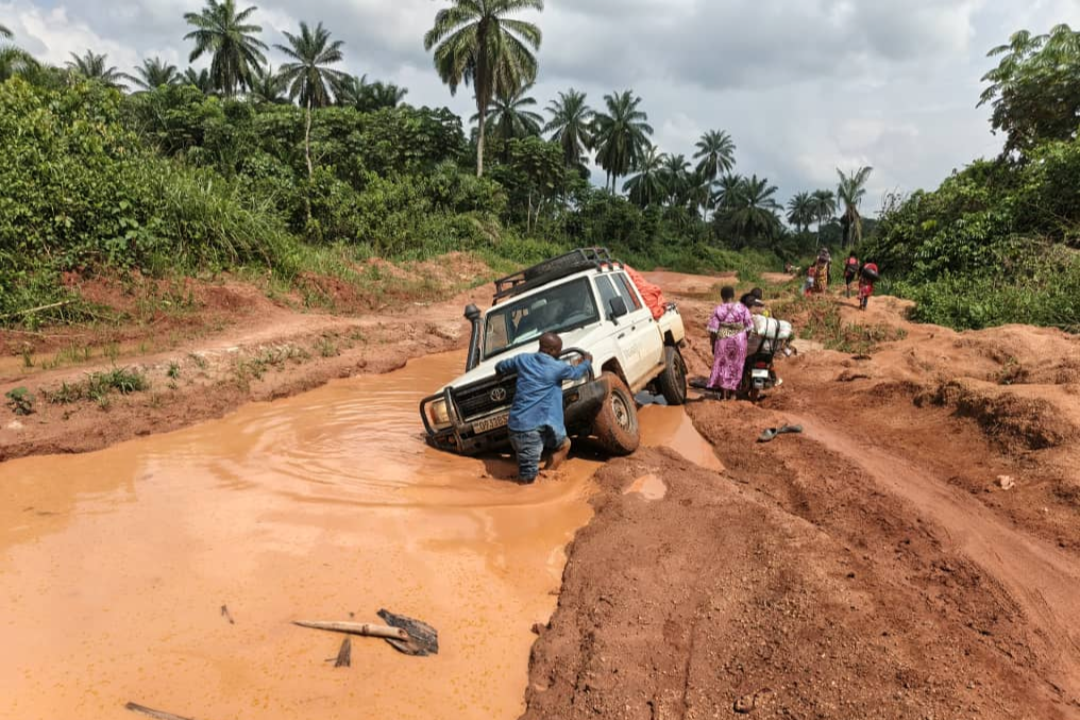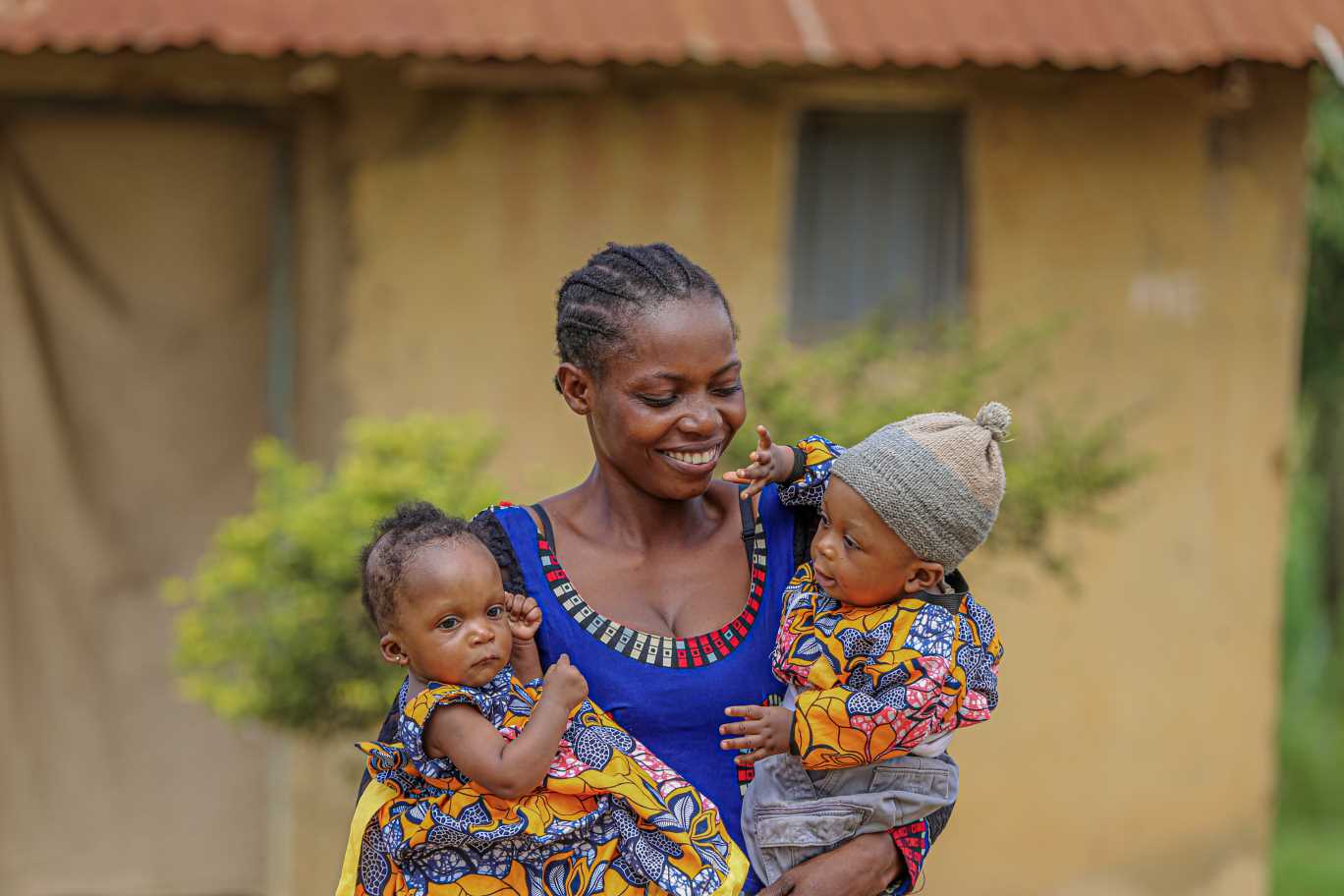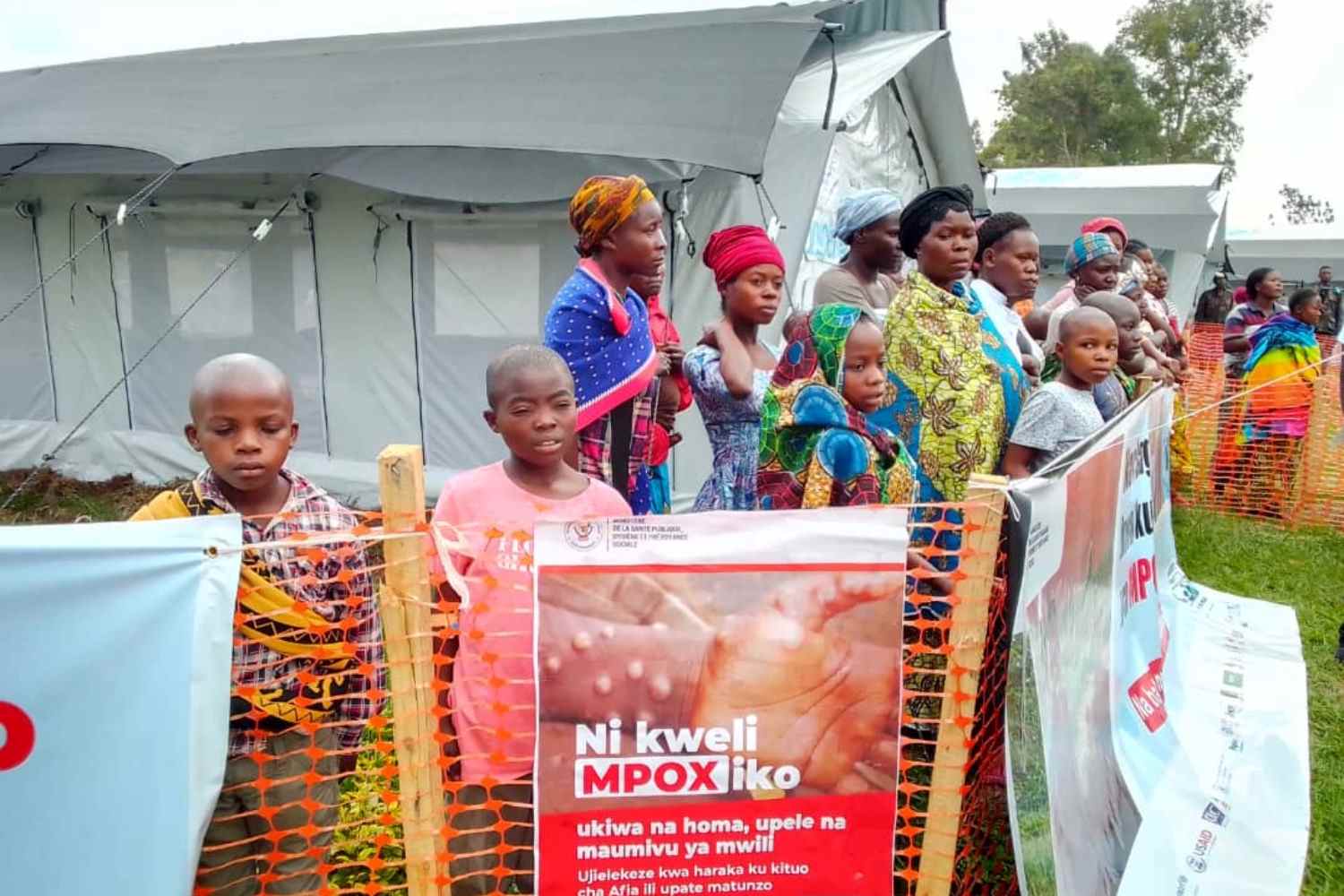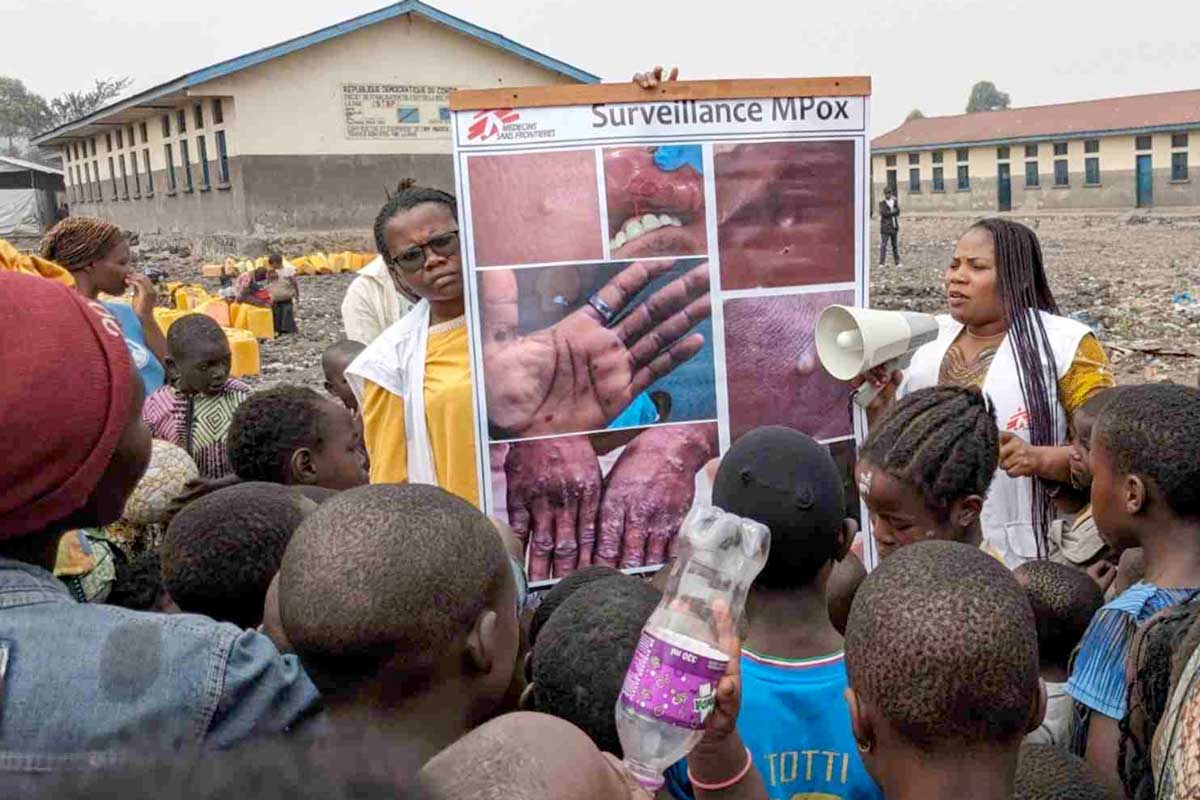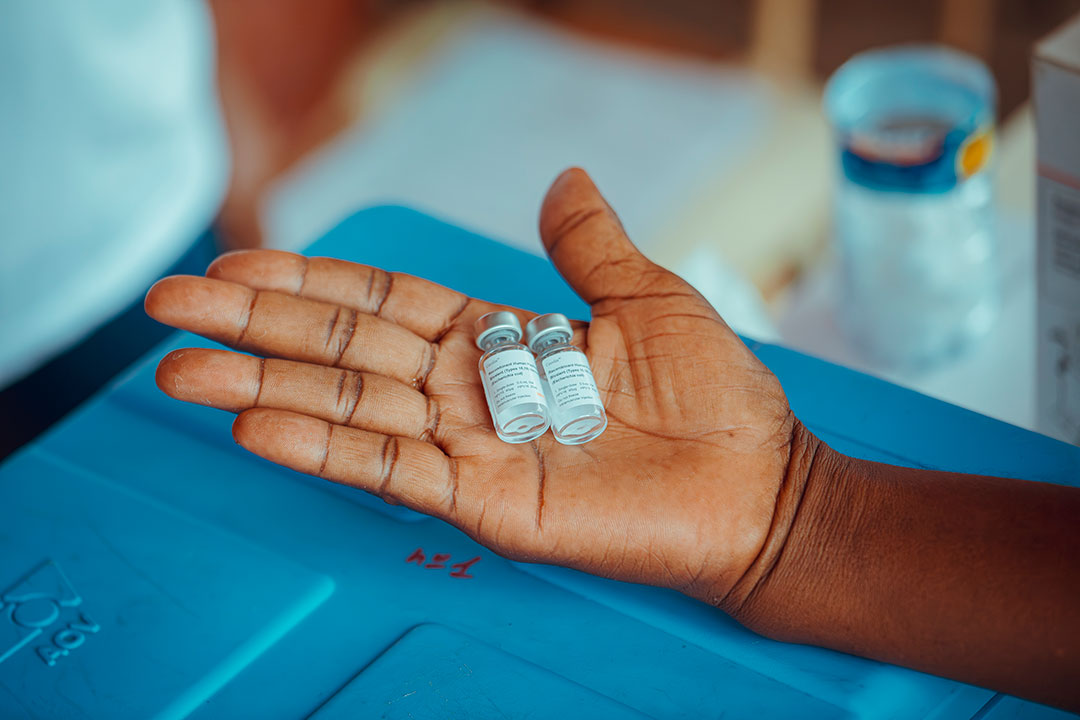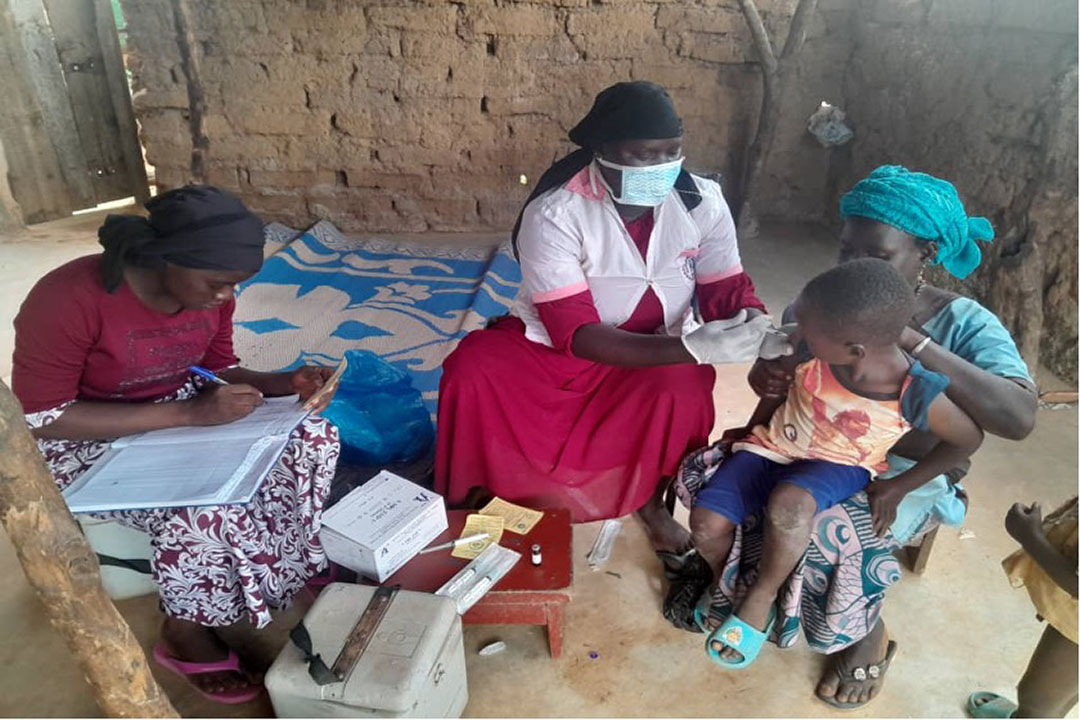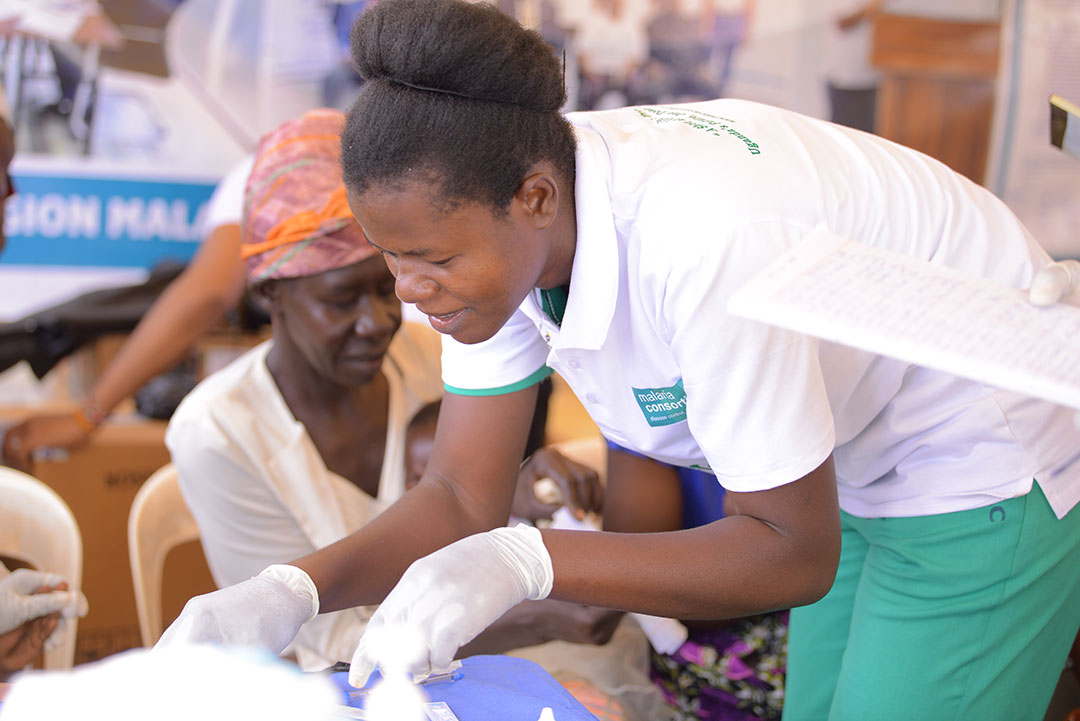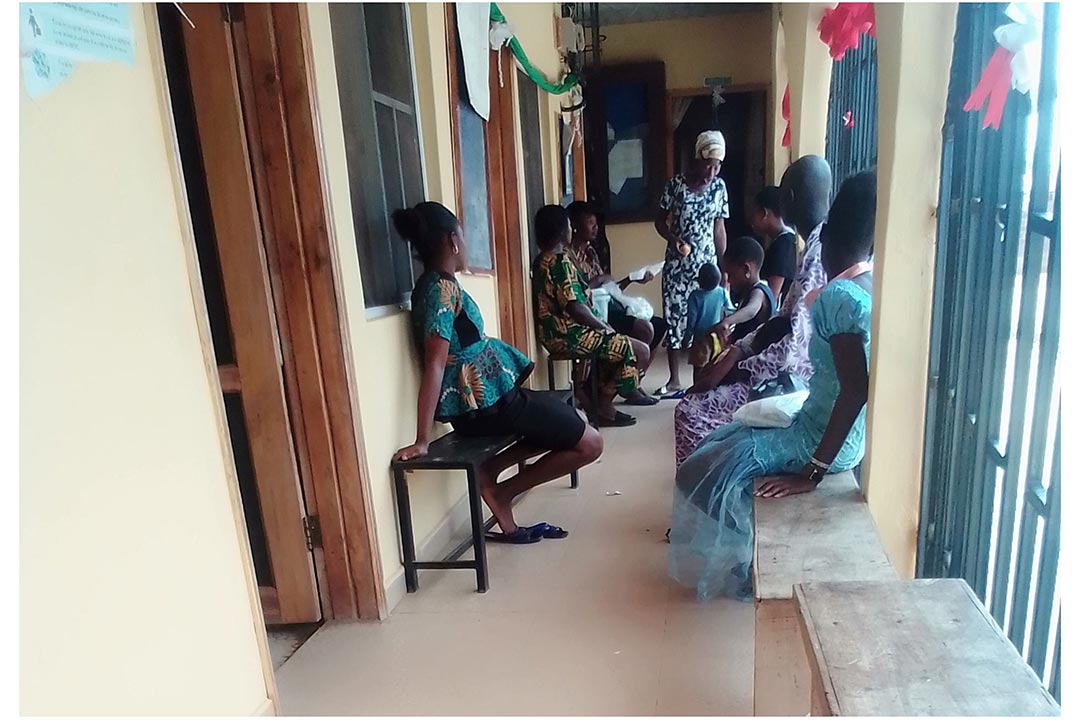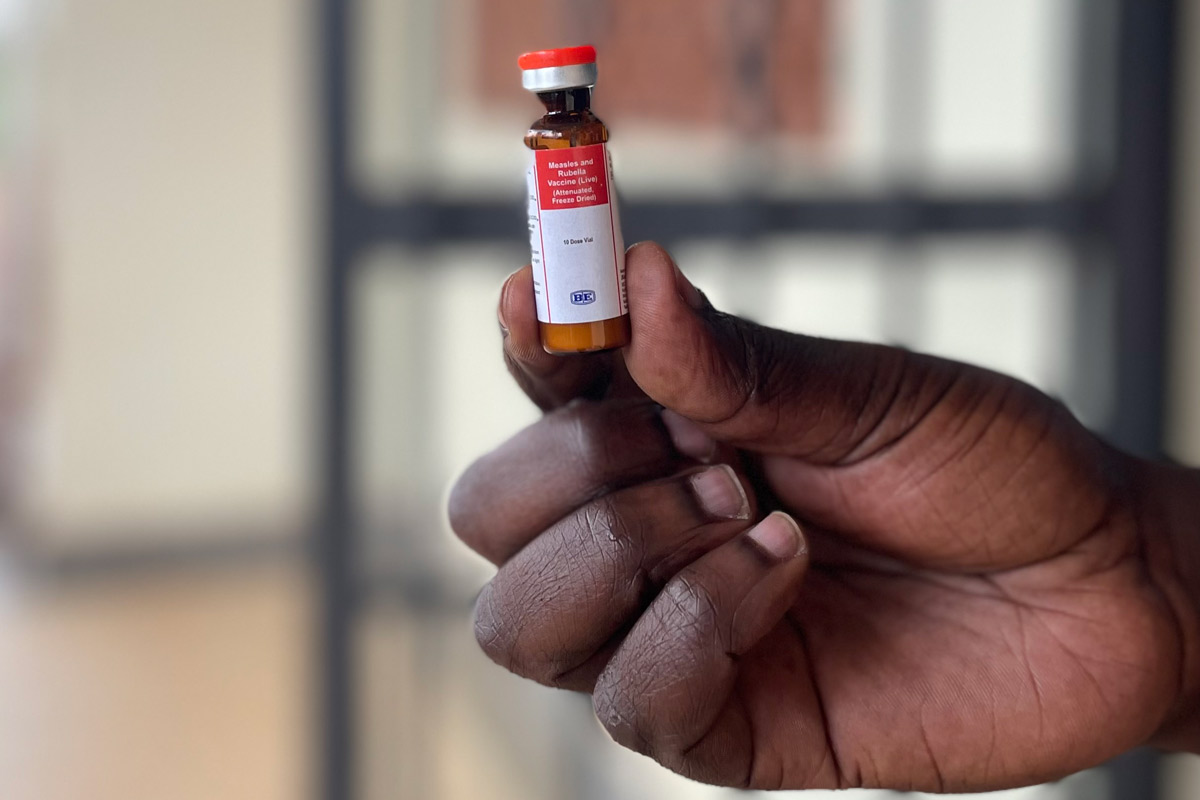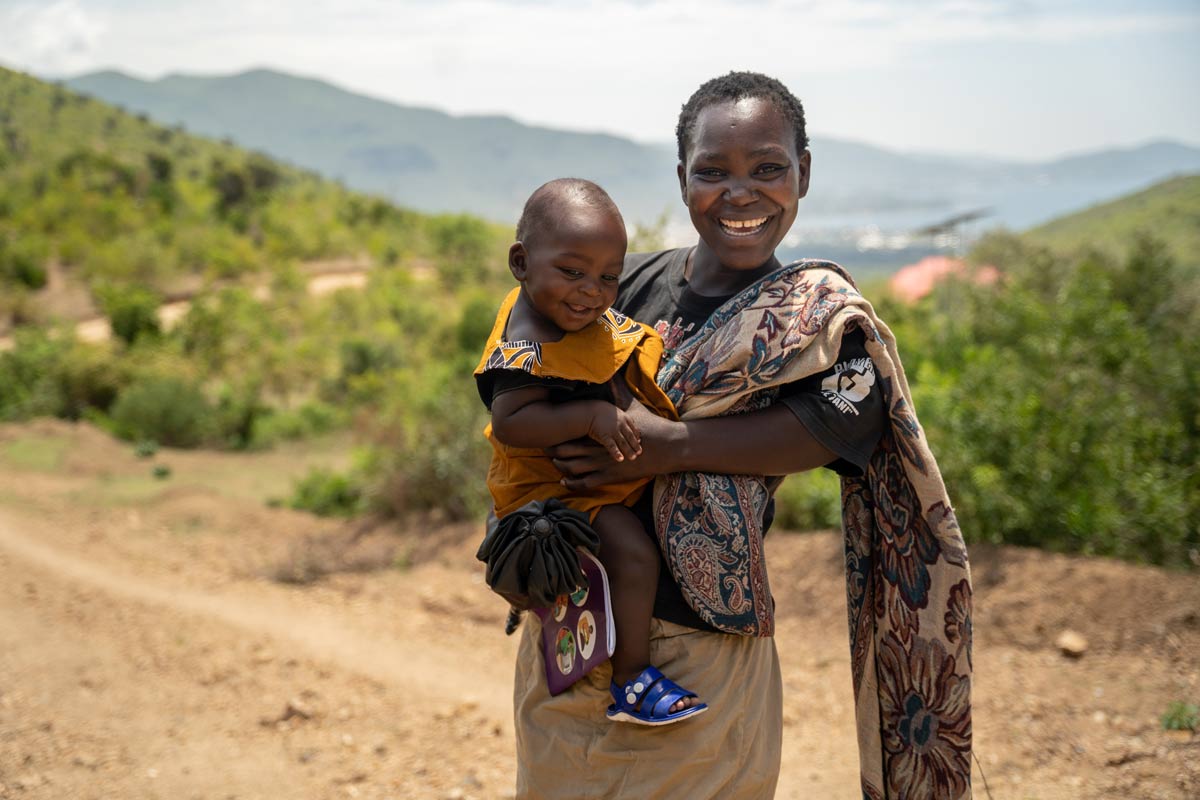Is the DRC’s ‘game-changer’ vaccine plan working?
The Democratic Republic of the Congo’s immunisation system faces immense challenges, but in 2018 the country launched a new plan to turn things around. Five years on, has the Mashako plan made a difference?
- 1 May 2023
- 5 min read
- by Patrick Kahondwa
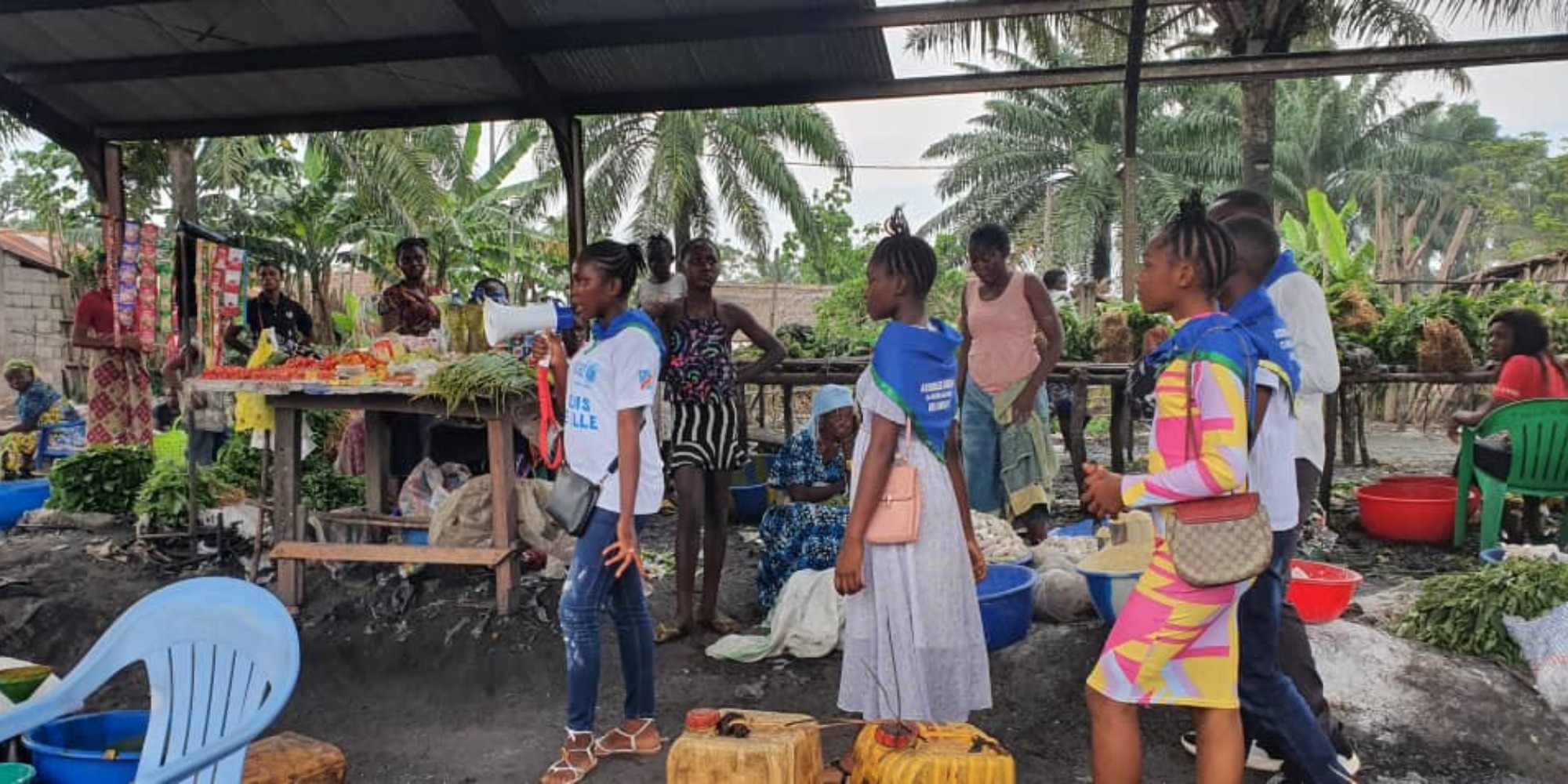
The Emergency Plan for the Revitalisation of Routine Immunisation in the DRC was the official title, and it was ambitious.
On its launch in 2018, one-fifth of children in the country weren't receiving essential, basic vaccines, meaning the country was home to one of the largest cohorts of zero-dose children in the world.
The impact would soon be felt, with the country experiencing a mammoth measles outbreak, infecting more than 300,000 people, the following year. Things needed to change.
“The plan has been put in place with the main pillars, in particular coordination and financing. We have defined a number of indicators to see trends month by month. There was also a need to increase the number of immunisation sessions and improve availability. We really defined the priority activities, and we implemented them.”
– Dr Paul Lame, coordinator of the Mashako plan
The Mashako Plan, as it was soon nicknamed after former DRC Health Minister Professor Leonard Mashako Mamba, aimed to boost vaccine coverage by 15 percentage points, protecting 220,000 additional children, by mid-2020. Then Health Minister Dr Oly Ilunga Kalenga heralded it as a 'game-changer'.
The plan was led and implemented by the DRC government, with support from an alphabet of partners: Gavi, WHO, UNICEF, PATH, Village Reach, Acasus and the Bill & Melinda Gates Foundation.
With it came several targets: increase the number of immunisation sessions by 20%; reduce vaccine stockouts by 80%; monthly inspection of immunisation activities in health zones and areas by inspectors.
Early success
It did see some success. In the nine provinces involved in the first phase, which were the most affected by measles and polio epidemics and where half of the zero-dose children lived, the number of vaccination sessions rose in 2020 to 24,000, an increase of 50% compared to 2018. Overall vaccination coverage increased from 30 to 56%.
"To be able to prevent epidemics, vaccination coverage needs to be around 90 to 95% and maintained at this level for several years," says Dr Paul Lame, coordinator of the Mashako plan. "The plan has been put in place with the main pillars, in particular coordination and financing. We have defined a number of indicators to see trends month by month. There was also a need to increase the number of immunisation sessions and improve availability. We really defined the priority activities, and we implemented them," he explains.
Have you read?
To make vaccination services more accessible, the plan has been extended to all provinces and additional sessions have been organised near where families live.
"Currently, there are indicators in terms of vaccination coverage that have improved. We used different strategies, in particular fixed strategies and advanced strategies, and we even introduced innovative strategies to recover children who missed some doses," explains Joseph Assumani, EPI coordinator in South Kivu.
A multitude of partners
"Today the central government participates in the financing of vaccination activities. In addition to the central government, we also have provincial executives who have started funding vaccination activities. There are also partners who provide significant support for the implementation of this plan," notes Dr Paul Lame.
“We do awareness in the media, mass awareness, focus groups, etc. We also make pleas to different personalities so that each child enjoys their right to vaccination. We have set up an urban children’s committee which raises awareness among parents through their various structures. We also go to hospitals to talk to parents”
– Vanessa Mimimisanga, community worker
Moreover, he acknowledges the determination of the stakeholders on the ground and the commitment of the community, both of which have made it possible to achieve these results.
"The focus was on community dynamics. So it was necessary to empower the communities in the organisation of vaccination sessions, and the community got involved in educating the population, identifying the children to be vaccinated and even those who missed their doses."
Vanessa Mimimisanga is one of these community workers. Every week, she and her team go from one avenue to another in the city of Mbandaka, in the north-west of the country, to speak to parents about the vaccination of children.
"We do awareness in the media, mass awareness, focus groups, etc. We also make pleas to different personalities so that each child enjoys their right to vaccination. We have set up an urban children's committee which raises awareness among parents through their various structures. We also go to hospitals to talk to parents," she explains.
Lea Babone is the president of a civil society organisation focusing on health in South Kivu. Children's access to vaccines is his main battle. "We work with health zones where we have community outreach cells. We ask our members, if they find a child who has not received their vaccines, to take them to the health centre for vaccination. We have already identified nearly 400 children that our members have brought for vaccination."
The pandemic changes everything
Despite all these efforts, the pandemic has put progress on hold.
"We have made leaps and bounds between 2019 and 2020," said Dr Paul Lame."But in 2021, with the fear that the COVID-19 pandemic has created, there has been a reduction in the use of health services, including vaccination services. There are even certain places where, for several months, we could not vaccinate the children."
“We have made leaps and bounds between 2019 and 2020. But in 2021, with the fear that the COVID-19 pandemic has created, there has been a reduction in the use of health services, including vaccination services. There are even certain places where, for several months, we could not vaccinate the children.”
– Dr Paul Lame, coordinator of the Mashako plan
UNICEF is one of the main stakeholders in the Mashako Plan, which it supports with a focus on 12 provinces. Grant Leaity, its representative in the DRC, says that the results of the first years have been encouraging despite the obstacles.
"The onset of the COVID-19 pandemic combined with the structural problems of the health system such as the supply chain and the management of human resources have undermined these precious results and reduced the population's resilience to epidemics, particularly among the children. UNICEF is working alongside other partners in the DRC to catch up with unvaccinated or under-vaccinated children since 2019 in order to reduce the number of zero-dose children by 35% by the end of 2025."
